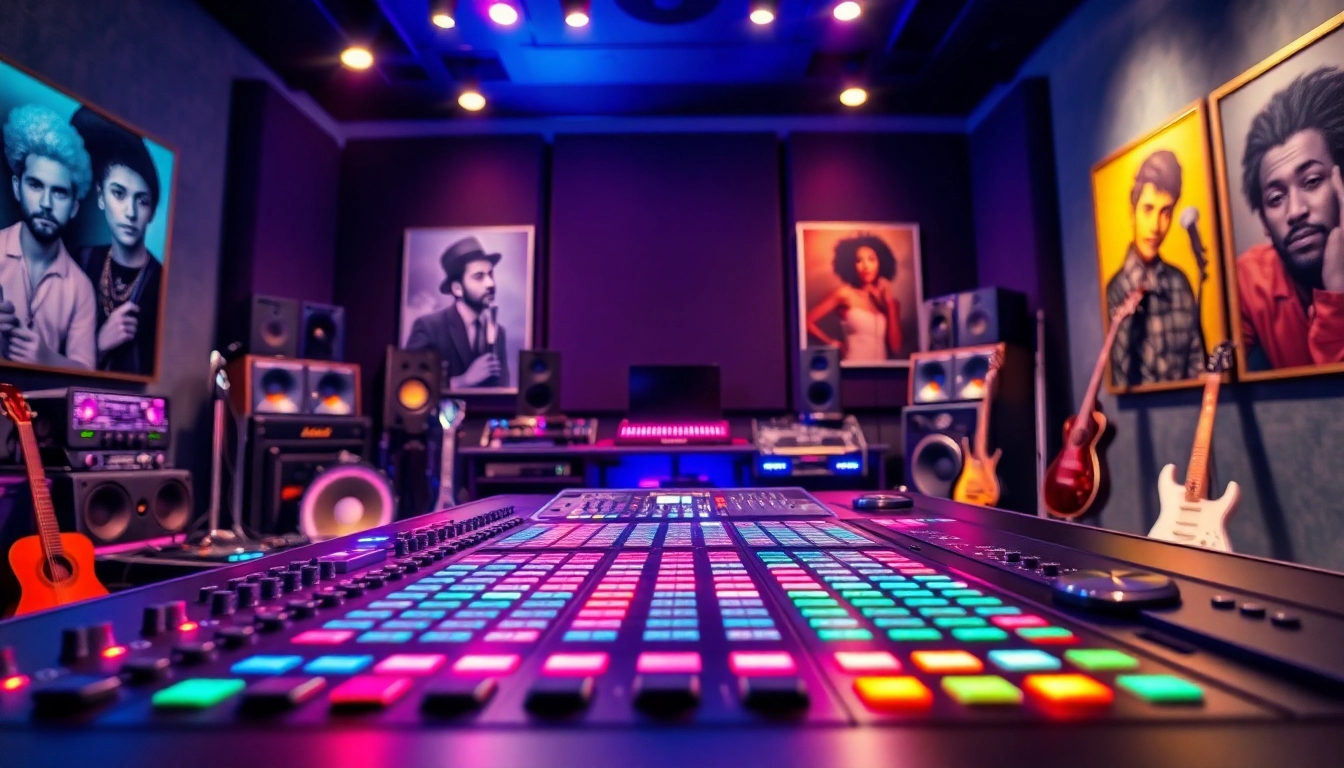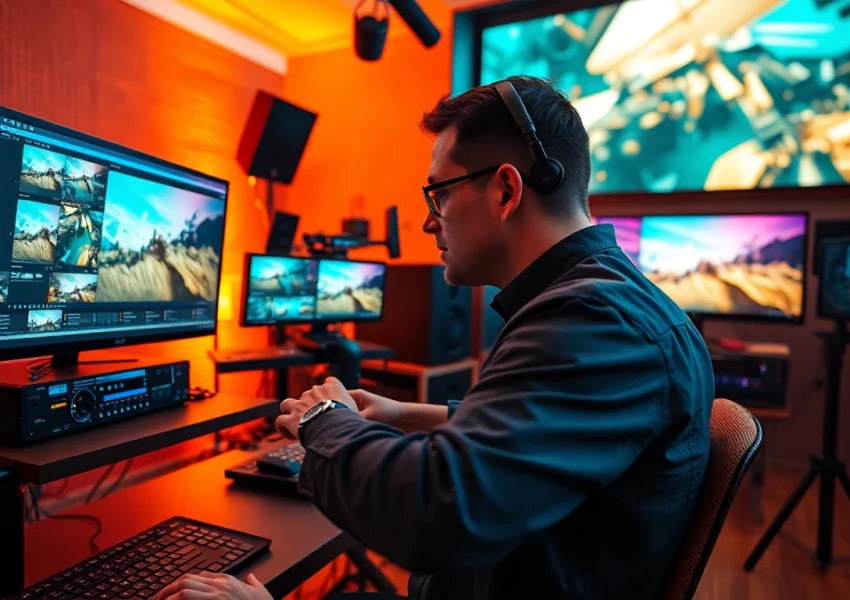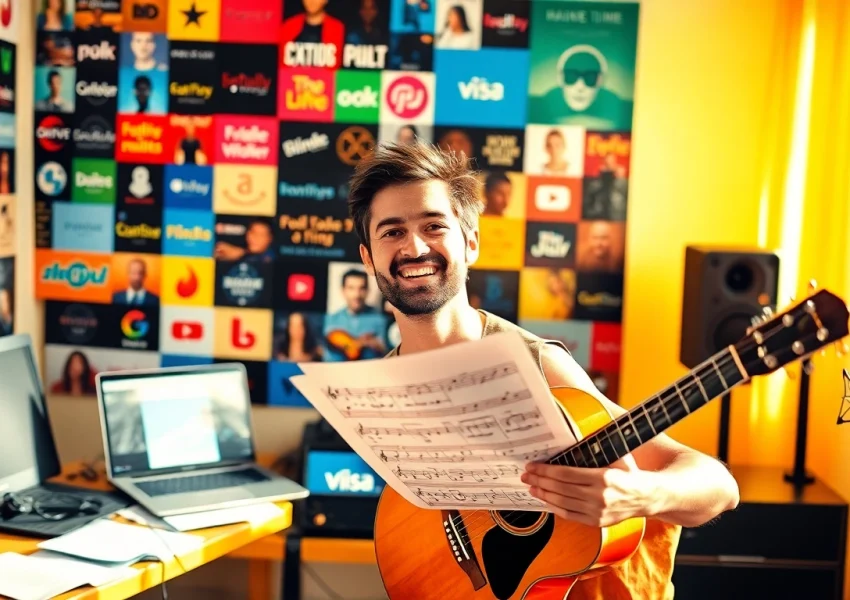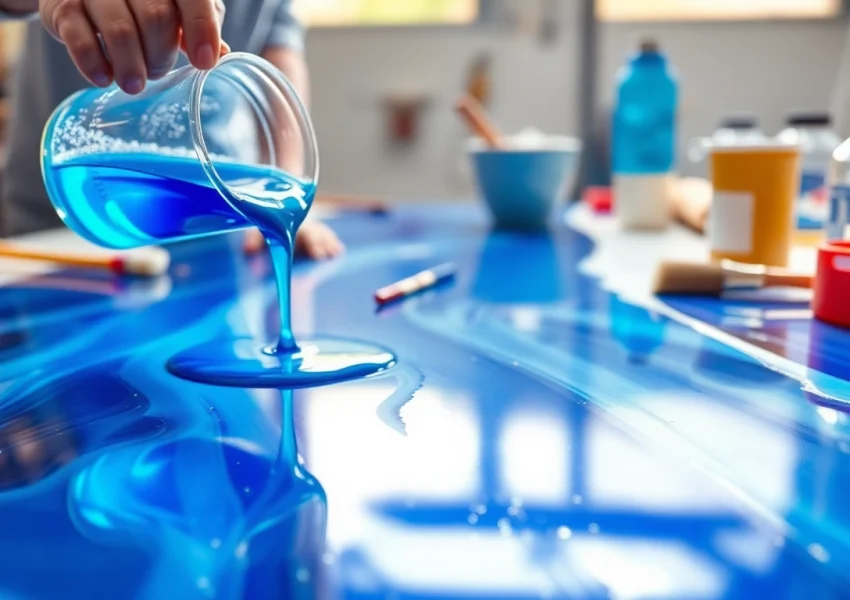Understanding the Role of Innovation in Music
Defining Innovation in the Music Industry
Innovation in the music industry encompasses a broad spectrum of creative advances that fundamentally alter how music is created, distributed, and experienced. It can refer to technological advancements, new genres, unique sounds, or even novel approaches to marketing and engagement with audiences. From the advent of the phonograph, which revolutionized music consumption, to the emergence of streaming services that have transformed the way we access music, innovation is the driving force behind the evolution of the music ecosystem. In this digital age, innovation is essential for artists and producers seeking to distinguish themselves and reach audiences effectively. A deep dive into innovation reveals not only what has changed but also how these changes influence listener experiences and industry dynamics.
The Impact on Music Creation and Distribution
The impact of innovation on music creation and distribution cannot be overstated. New technologies have empowered musicians to produce high-quality music from their home studios, significantly lowering the barrier to entry for aspiring artists. Software like Ableton Live and Pro Tools allows for intricate mixing and mastering capabilities that were once only accessible in professional studios. Moreover, advances in distribution channels—particularly through digital platforms like Spotify, Apple Music, and SoundCloud—have allowed independent artists to reach global audiences without the need for traditional labels.
Historical Perspectives on Musical Innovations
Throughout history, innovation in music has been marked by pivotal moments that redefined the landscape. The invention of the radio helped disseminate music widely, while the cassette tape and later CD allowed for the personal consumption of music. In the late 20th century, digital distribution changed the music industry forever, heralding the era of MP3s and peer-to-peer sharing. Each wave of innovation has not only altered how music is shared but has also reshaped genres and inspired new styles, leading to an ever-evolving musical landscape.
Current Trends Driving Innovation in Music
Technology’s Influence on Music Production
Today’s music production is heavily influenced by technology. Artificial intelligence tools are now being harnessed to compose music, while cloud-based platforms facilitate collaboration among artists across the globe. As recording technology continues to advance, musicians use virtual reality (VR) and augmented reality (AR) to create immersive experiences, offering listeners unique ways to engage with their art. Such innovations are expanding the creative possibilities and enabling artists to push the boundaries of what music can be.
Emerging Genres and New Soundscapes
As technology evolves, so do musical genres. With the proliferation of electronic music, the blending of different styles has led to the emergence of new genres like lo-fi hip hop, indie pop, and trap. These genres often incorporate unconventional sounds and rhythms, allowing artists to explore fresh auditory landscapes. This blend of styles reflects cultural shifts and the societal context in which artists operate, leading to more complex and diverse musical presentations that resonate with various audiences.
The Shift Towards Digital Platforms
The shift towards digital platforms has been one of the most prominent trends influencing innovation in music. Streaming services have overtaken physical sales as the primary way people consume music. Artists have adapted to this new reality by focusing on digital marketing strategies and utilizing social media to engage with fans. Platforms like TikTok and Instagram have also democratized music discovery, allowing for organic promotional pushes that can catapult a song to viral status overnight. This shift not only impacts how artists create content but also how they monetize their music, compelling them to think creatively about income streams beyond traditional album sales.
Challenges and Opportunities for Innovative Musicians
Navigating the Digital Landscape
While innovation in the music industry brings new opportunities, it also introduces challenges. Many artists find it difficult to navigate the digital landscape effectively. With an overwhelming amount of content vying for attention online, standing out necessitates a robust digital presence and discerning marketing skills. Musicians must engage with their audience consistently and develop branding strategies that communicate their unique voice. Those who successfully adapt to this environment can leverage their innovative spirit to gain visibility and cultivate a loyal following.
Balancing Tradition and Modernity
Many artists grapple with the tension between tradition and modernity. While some seek to innovate and embrace the latest trends, others value the authenticity and craftsmanship of traditional music forms. Striking a balance between honoring musical heritage and pushing creative boundaries is crucial for maintaining relevance while staying true to one’s artistic roots. Artists that manage to navigate this balance often find new ways to express their creativity while connecting deeply with audiences who appreciate both innovation and tradition.
Funding and Supporting Innovative Projects
Securing funding for innovative music projects can be challenging, as traditional funding avenues are often reliant on conventional models that may not align with current trends. Crowdfunding platforms have emerged as a popular alternative, allowing artists to directly engage supporters and gain financial backing for their ventures. Additionally, grants and sponsorships for creative projects are increasingly available from organizations that recognize the value of innovation in the arts. By exploring diverse funding options and fostering community support, musicians can launch endeavors that reflect their unique vision.
Case Studies of Successful Innovation in Music
Renowned Artists Leading the Charge
Several renowned artists are exemplifying innovation within the music industry. For instance, Billie Eilish broke traditional molds with her unique sound, lo-fi production style, and candid lyricism. Her approach has not only yielded commercial success but has also inspired a generation of artists unafraid to experiment. Similarly, artists like Dua Lipa and The Weeknd have embraced genre-blending, weaving together pop, hip-hop, and electronic influences to reshape contemporary music landscapes. These artists showcase that embracing innovation can lead to immense creative and financial rewards.
Groundbreaking Music Festivals and Events
Music festivals are increasingly leveraging technology to enhance attendee experiences. For example, Coachella has integrated VR and AR experiences to create interactive environments that redefine how audiences engage with performances. Initiatives like these offer valuable lessons in utilizing technology to foster connections between artists and fans. Additionally, certain festivals are now championing sustainability and social responsibility, demonstrating that innovation can take many forms, including socially and environmentally conscious practices.
Collaborations that Redefine Genres
Collaborative efforts among artists often lead to the most innovative results. The collaboration between Lil Nas X and Billy Ray Cyrus on “Old Town Road” is a prime example of how cross-genre partnerships can break down walls and push creative boundaries. This unexpected collaboration not only catapulted the song to global success but also challenged traditional ideas of genre classification in the music industry. Such collaborations are increasingly common as artists seek to develop fresh sounds and reach new audiences through shared ideas.
Future Directions: What’s Next in Music Innovation?
Predictions for the Next Decade
As we look to the future, several predictions can be made about where music innovation will lead. We are likely to see further integration of advanced technologies, including augmented and virtual reality concerts that offer immersive experiences for fans. Additionally, as consumer behaviors continue evolving, artists may explore even more unique distribution models as they seek sustainable ways to connect with listeners. Innovations in artificial intelligence will also revolutionize songwriting and music production processes, enabling artists to explore creative avenues previously unimaginable.
The Role of AI and Machine Learning
Artificial intelligence and machine learning are already beginning to play significant roles in music innovation, with predictive algorithms enhancing listener experiences by suggesting new music tailored to individual preferences. Programs can now analyze vast datasets to identify trends and audience desires, providing artists with insights that allow for informed creative decisions. Moving forward, we can expect AI to contribute to the actual music creation process, producing new sounds and compositions that can inspire human musicians in novel ways.
Community Engagement and Creative Collaborations
As the music industry continues to evolve, community engagement will be paramount. Musicians who actively involve fans in their creative processes—such as through virtual songwriting sessions or fan-driven initiatives—will likely find sustainable success. Collaborative projects harnessing the skills and passions of diverse communities can also lead to wildly innovative outcomes, encouraging artistic growth and cultural exploration. The future of music innovation lies not just in technology but in the relationships that artists build with their audiences.





